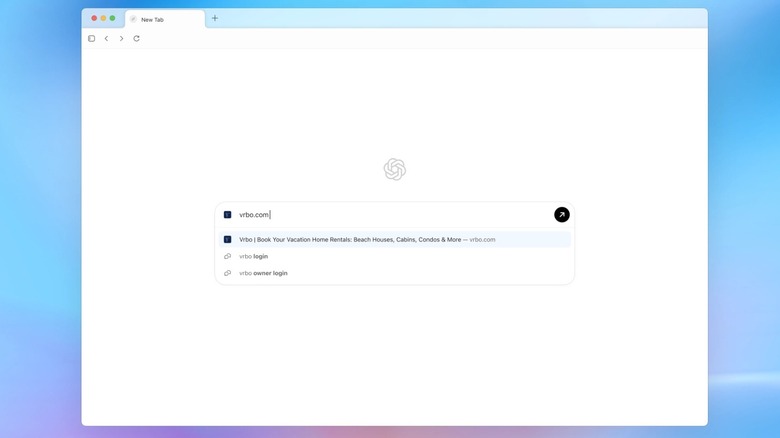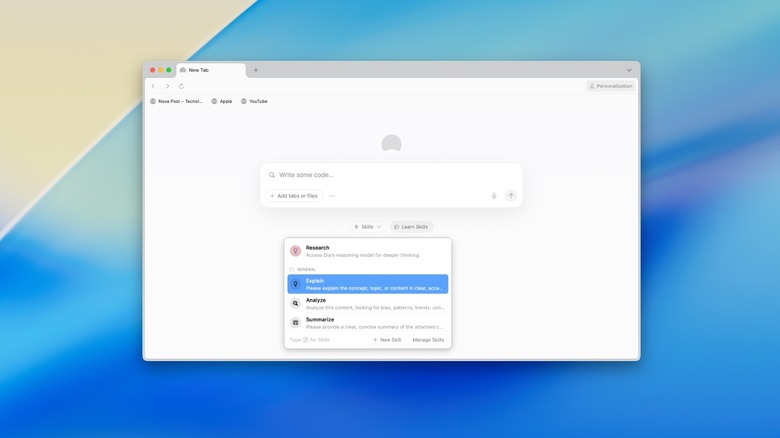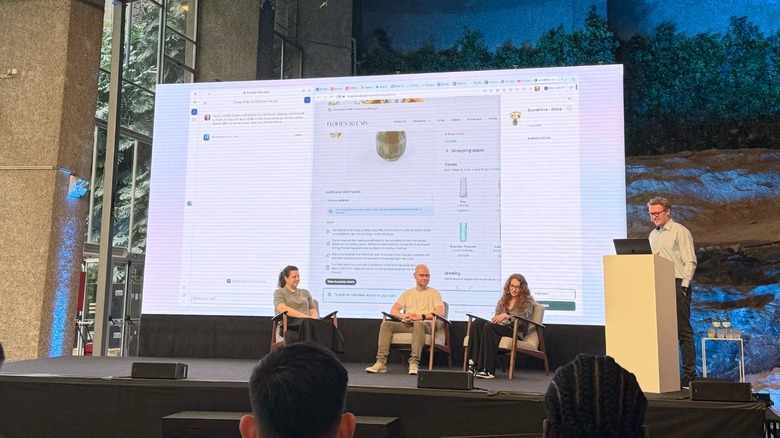Agentic AI Browsers Have Arrived, But They're Missing What Makes Browsers Great
In the past year, companies have started to promote a new way to use browsers with agentic AI. For me, it all started last year when Opera's executives said the browsing experience would be changing in the near future. Just a few months later, the company previewed its Operator technology, which allowed the Opera browser to perform tasks for users, such as buying flowers.
While the Operator is now known as Opera Neon, it's just one of the several new AI browsers available to users. In the past few months, several other companies have released their own take on agentic browsers with The Browser Company's Dia, Perplexity's Comet, Arc, and now OpenAI's ChatGPT Atlas. What these browsers have in common is the use of many LLMs to perform different tasks. With that, they all promise to make your online browsing smarter and help you focus on what matters most. That said, my experience has been anything but positive so far.
AI browsers don't do enough
Just a few years ago, I wrote about how I ditched Safari for Microsoft Edge, as it was more reliable, faster, and perfect for my needs. Soon after that, I ditched it for Opera One, then I started testing Opera Air, followed by Opera Neon, Dia, and other agentic browsers. By the end of a workday, four to five different browsers would be open on my desktop, because each one could only accomplish so much on its own. That's when I realized I could stick with a single, traditional browser instead of one built around AI, because I'm still better than AI at finding what I need.
Scrolling through social media, I discovered that many other users were feeling the same — they wanted to try the new AI browsers, but after spending some time with them, they would just go back to the browser they were using prior. They still accomplish everything most users need, and their passwords, browsing history, bookmarks, and more have already been set up they way they like them.
AI still isn't reliable enough
On paper, the promise of having an agentic browser doing things for you is incredibly exciting. Imagine if it could actually show you the perks of different products and purchase exactly the product you need with minimal interaction and browsing around the web on your part. As I told you before, Opera has been doing that for at least a few months, but the reality is fairly different.
A few days ago, I was in the market for a new watch. Nothing too fancy, but I wanted the AI to sort through some links and also recommend something that would make sense for me. After sharing pictures of some of my watches and the styles I prefer, it just sent me back a series of random options that were nothing close to what I was looking for, or even worse: out of my budget.
While I do think AI can help improve my browsing experience, and AI can serve a valuable purpose at times, we're still not to the point that an agentic experience will be faster than just doing that task ourselves. When we have an AI that can track flights and select the one we've been waiting for with a good discount, then I think I might change to an AI browser. For now, I'd rather stick to a more reliable (and private) experience.


